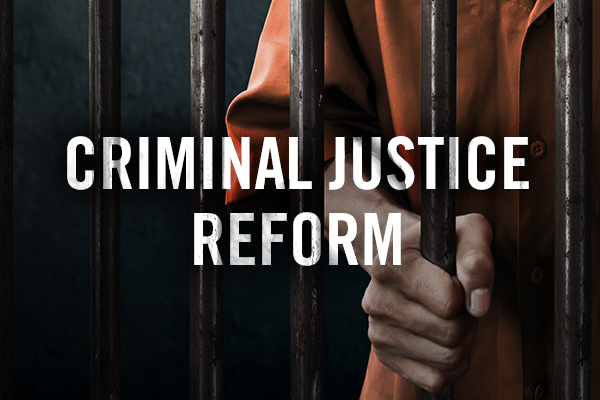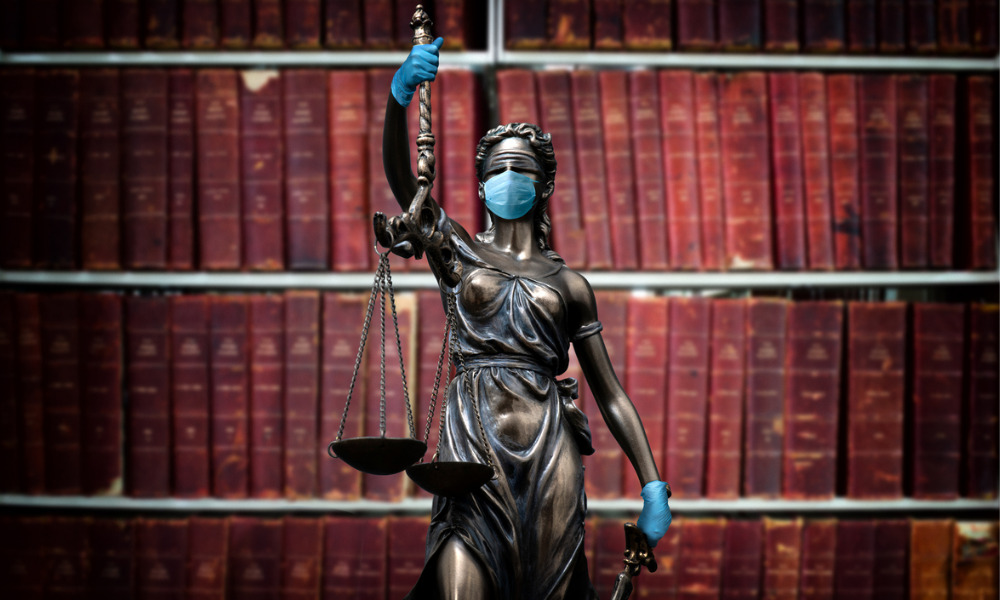The criminal justice system in the United States has been a topic of controversy and debate for years. Many people believe that the system is broken and needs to be reformed in order to be more effective and just. Criminal justice reform refers to the changes that can be made to the system in order to achieve these goals. In this article, we will explore the implications of criminal justice reform and why it is important.
What is Criminal Justice Reform?
Criminal justice reform refers to the changes that can be made to the criminal justice system in order to make it more effective, fair, and just. The goal of criminal justice reform is to reduce crime, prevent recidivism, and ensure that those who are accused of crimes are treated fairly and justly.
There are many different aspects of the criminal justice system that can be reformed, including sentencing laws, the use of incarceration, the use of bail, and the use of fines and fees. Criminal justice reform can also involve changes to police practices, such as the use of force and racial profiling.
Why is Criminal Justice Reform Important?

Criminal justice reform is important for a variety of reasons. First and foremost, it is important because the current system is not working. The United States has the highest incarceration rate in the world, and many people who are incarcerated are there for non-violent offenses. This is not only costly, but it is also ineffective in reducing crime.
Criminal justice reform is also important because it can help to reduce racial disparities in the system. African Americans and other people of color are disproportionately represented in the criminal justice system, both as victims and as perpetrators. Criminal justice reform can help to address these disparities and ensure that everyone is treated fairly and justly.
The Implications of Criminal Justice Reform
Criminal justice reform has many implications for society. One of the biggest implications is that it can help to reduce crime. By focusing on rehabilitation and prevention rather than punishment, criminal justice reform can help to address the root causes of crime and reduce recidivism.
Another implication of criminal justice reform is that it can help to reduce the financial burden of the criminal justice system on taxpayers. Incarceration is incredibly expensive, and many people who are incarcerated are there for non-violent offenses. By reducing the use of incarceration and focusing on alternative forms of punishment, such as community service and probation, criminal justice reform can help to reduce the financial burden of the criminal justice system.
Criminal justice reform can also help to reduce racial disparities in the criminal justice system. African Americans and other people of color are disproportionately represented in the criminal justice system, both as victims and as perpetrators. This is due in part to systemic racism and bias within the system. Criminal justice reform can help to address these disparities and ensure that everyone is treated fairly and justly.
Criminal justice reform is a complex issue with many implications for society. However, it is clear that the current system is not working and needs to be reformed in order to be more effective, fair, and just. By focusing on rehabilitation and prevention rather than punishment, criminal justice reform can help to reduce crime, reduce the financial burden of the criminal justice system, and reduce racial disparities in the system. It is important that we continue to have conversations about criminal justice reform and work towards a system that is more effective and just for everyone.









Comments